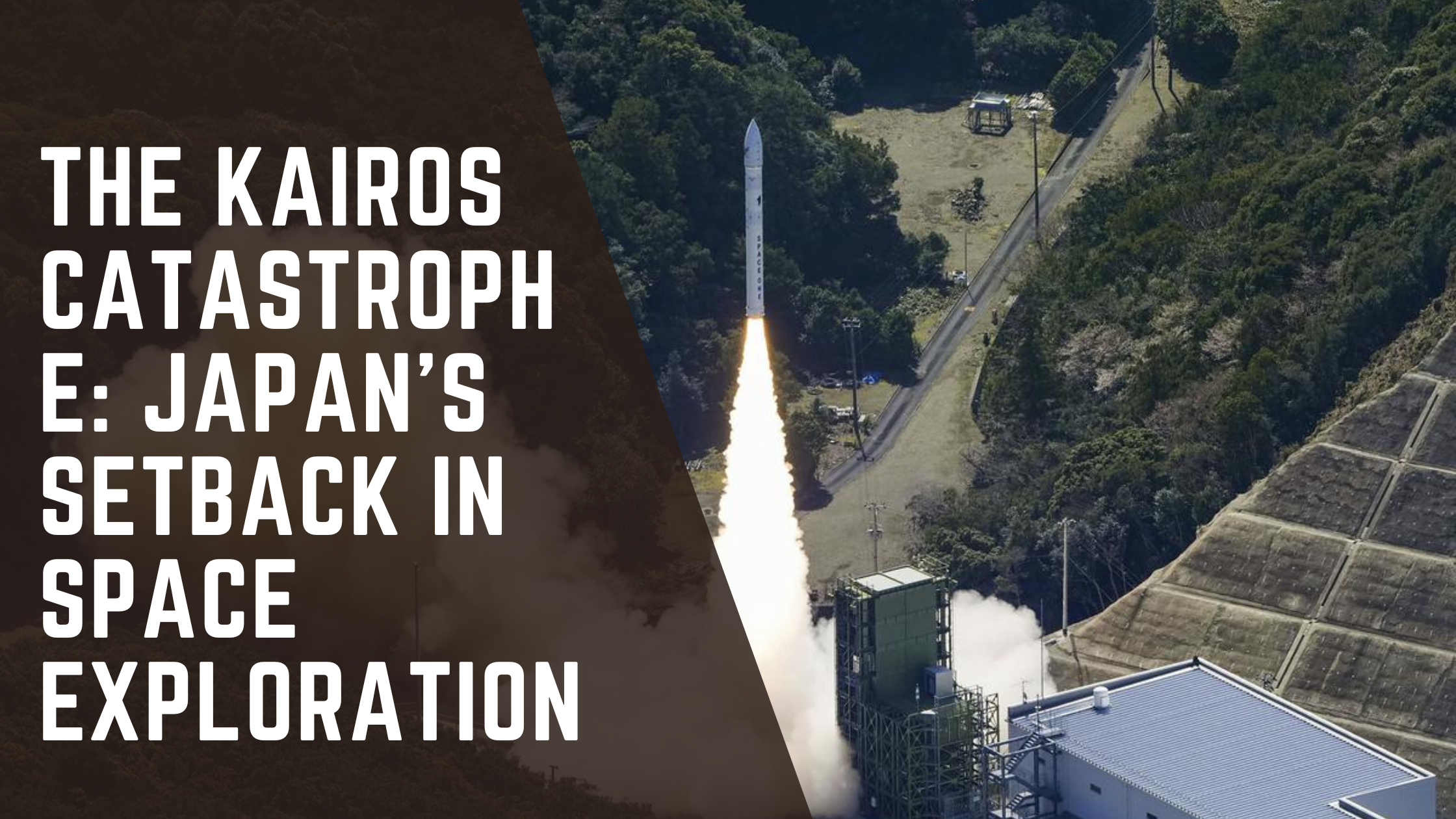
A Japanese-built rocket that was intended to send a satellite into orbit burst seconds after it was launched. On Wednesday, the 18-meter Kairos rocket from Tokyo-based Space One took off with a small government test satellite aboard from the company’s launch pad in the western Japanese region of Wakayama.
Live footage indicated that the solid-fuelled rocket burst into flames a short while later, sending smoke billowing into the isolated mountainous terrain. Space One released a statement stating, “The first Kairos rocket launch was executed, but we took a measure to abort the flight” and that “details are being investigated.”
Sprinklers started spraying water as burning debris fell onto the nearby slopes. At nearby waterfronts and other public viewing locations, hundreds of onlookers had assembled. “I’m disappointed because I had high expectations for this. What happened? I want to know,” an elderly guy said to NHK, the public television.
As SpaceX has shown, early rocket system failures are normal, if not expected, in attempts to develop new rocket systems. Even Nevertheless, Japan’s attempts to break into the potentially rich commercial satellite launch business have been severely hampered by the Space One disaster.
The satellite was supposed to enter orbit roughly 51 minutes after takeoff at a time known as Kairos, which is derived from the ancient Greek phrase meaning “the right moment.” According to reports, Space One had to repeatedly postpone the launch of Kairos due to shortages of parts and other issues; the most recent delay occurred on Saturday.
The launch was held in Kushimoto, a 15,000-person town in Wakayama, where the mayor expressed his surprise and dissatisfaction. “This was not even the result I had anticipated,” Katsumasa Tashima said. However, he added, “We want to continue to offer our help so that the first rocket will have a successful launch, and we will continue to support Space One.”
A group of significant Japanese tech companies, including Canon Electronics, IHI Aerospace, Shimizu Construction, and the government-owned Development Bank of Japan, founded Space One in 2018.
Another Japanese rocket, the solid-fuel Epsilon S, detonated during testing in July of last year, just 50 seconds after it was ignited.
However, following years of delays and two unsuccessful attempts, Japan’s space agency celebrated the successful launch of its new flagship rocket, the H3, last month.
That came after Japan became the sixth nation to accomplish a “soft landing” on the lunar surface with the successful landing of an unmanned probe, on its side.
Read More: Maximizing Potential: Career & Professional Growth Importance Explored
